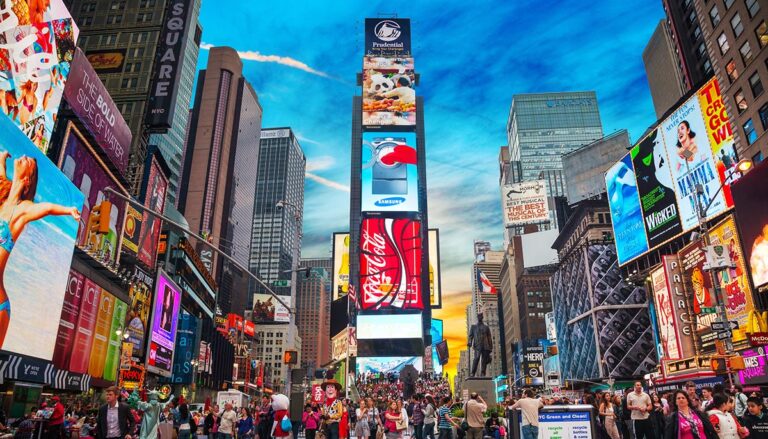New research released earlier this week found that wild rats around Brooklyn had antibodies suggesting a previous infection with SARS-CoV-2, raising the specter that millions of rats could be carrying the virus.
Millions of rats could be carrying COVID
The question of potential animal-to-human transmission of coronavirus is being raised once more among one of the largest population groups in New York City: Rats. New research shows rats carrying two antibodies consistent with previous SARS-CoV-2 infection.
The study, “SARS-CoV-2 Exposure in Norway Rats (Rattus norvegicus) from New York City,” was published in the journal of the American Society for Microbiology(ASM).
It is well established that numerous animals in captivity and the wild have tested positive for COVID-19. Now, researchers wanted to see if coronavirus had jumped to species of wild rats and chose New York City as a starting place.
“Most of the rats were trapped in city parks within Brooklyn, although some were captured near buildings outside of park boundaries,” said study Dr. Tom DeLiberto, co-author of the study and a SARS-CoV-2 coordinator with the US Department of Agriculture’s Animal and Plant Health Inspection Service, in a news release.
For the study, researchers captured 79 rats from three sites in Brooklyn in the fall of 2021, then tested them for exposure to SARS-CoV-2, CNN reported.
Out of the 79 rats, 13 of them, roughly 16.5%, were found to have two antibodies against the virus – IgG or IgM – which suggest a previous infection with SARS-CoV-2, researchers said.
“To the best of our knowledge, this is one of the first studies to show SARS-CoV-2 variants can cause infections in the wild rat populations in a major U.S. urban area,” said Dr. Henry Wan of the University of Missouri, NBC New York reported.
Researchers say that the rats appear to be susceptible to all three COVID-19 variants – Alpha, Delta, and Omicron, adding that Delta replicated “more efficiently” than the other two in rats.
Virus likely spread to rats through airborne transmission, not sewer water
“A number of studies have suggested that fragments of SARS-CoV-2 genomes were identified in sewage water systems, and that the prevalence of SARS-CoV-2 in sewage water systems coincides with outbreaks in resident human populations,” according to the study.
“However, no evidence has shown that SARS-CoV-2 viruses in sewage water are infectious, suggesting that sewage rats may have been exposed to the virus through airborne transmission, e.g. overlapping living spaces with humans or indirect transmission from unknown fomites, e.g. contaminated food waste.”
Numerous types of animals have been infected with COVID-19
Infections with Covid-19 and a number of animals have already been reported worldwide, according to the Centers for Disease Control and Prevention (CDC). The list includes pets such as cats, dogs, hamsters, and ferrets. Zoo animals have also been infected, such as big cats, as well as auditors, hyenas, hippopotamuses, and manatees. Minks have been infected on farms. Wildlife has also been infected, such as various deer, a marmoset, anteater, and wild mink that lived near mink farms.
NYC health department says no active threat to humans
The researchers warned that much more study would be required to understand the full implications of any potential threat to people from infected rodents.
The New York City Health Department was not involved in the study but reviewed the results and emphasized that no active threat is posed to humans.
“This study suggests that Norway rats and lab rats may also be susceptible to infection with SARS-CoV-2 virus,” the health department said in a statement.” But at this time there is no evidence to suggest that infected rats transmit the virus or pose a threat for COVID-19 to New Yorkers.”





